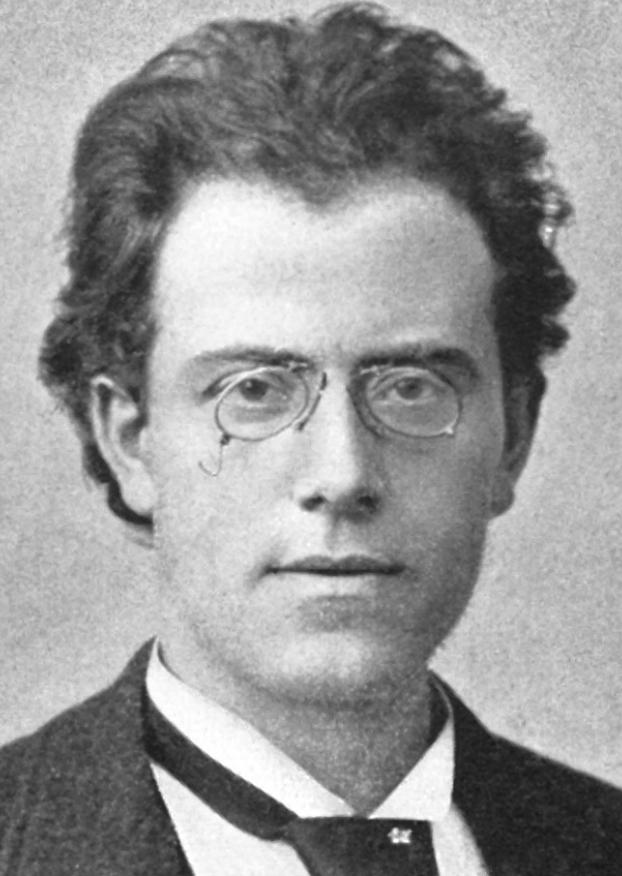On this date in 1860, Gustav Mahler was born to working-class, Jewish parents in Austrian Bohemia, the second of 14 children. A musical wunderkind, he studied at the Vienna Conservatory as a boy. Mahler’s oeuvre is relatively limited; for much of his life composing was necessarily a part-time activity while he earned his living as a conductor. Aside from early works, his works are generally designed for large orchestras, symphonic choruses and operatic soloists.
At age 37 he faced a dilemma: He could become the director of the prestigious Imperial Vienna State Opera only if he abandoned Judaism and converted to Catholicism. Under the anti-Semitic laws, no Jew — no matter how talented or skilled — could occupy such an exalted position. Though nowhere near a devout Jew, he recognized that conversion was his only ticket to the position. He reportedly commented after the service was over, “I’ve just changed my coat.”
He married Alma Schindler in 1902 when she was pregnant with their daughter Maria. The year before he had started composing his masterful Fifth Symphony (its “Adagietto” movement was played at Sen. Robert Kennedy’s 1968 funeral Mass).
A second daughter, Anna, was born in 1904. Both girls fell ill in 1907 with scarlet fever and diphtheria. Anna recovered but Maria died two weeks later. That same year, Mahler was diagnosed with a congenital heart defect and restrictions were put on his activities. He made his New York debut at the Metropolitan Opera on Jan. 1, 1908, when he conducted Wagner’s “Tristan und Isolde.”
He died in Vienna from bacterial endocarditis and pneumonia at age 50. Alma outlived him by 53 years and married twice more, including to architect Walter Gropius. (D. 1911)

